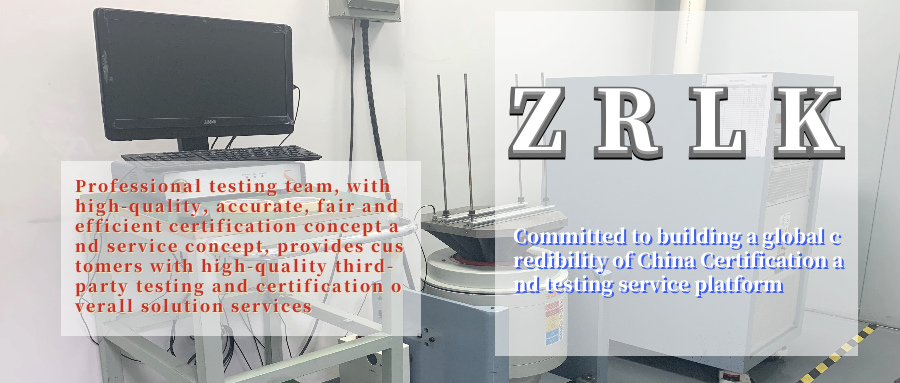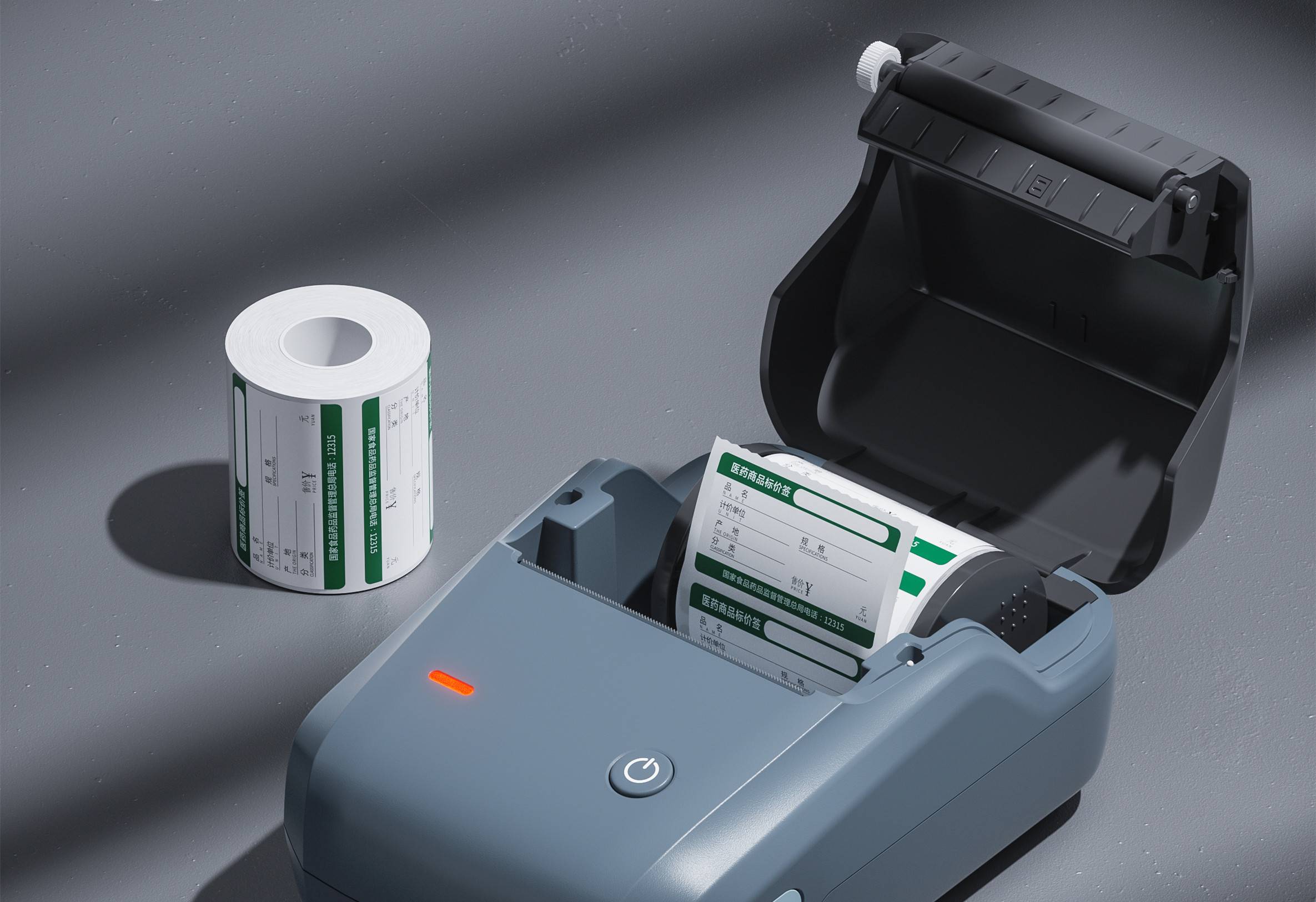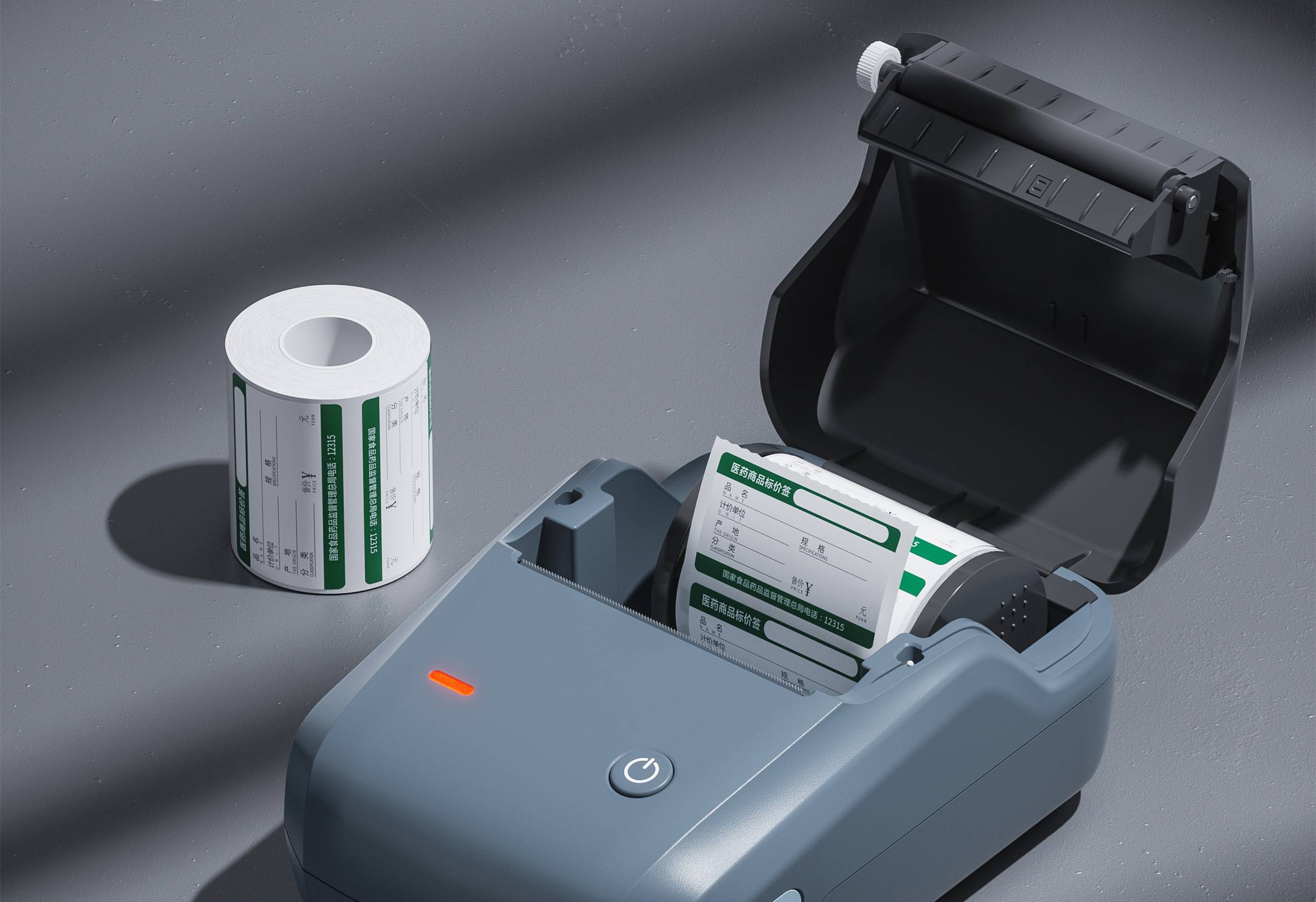
Laboratory accreditation is a third-party certification that CNAS has the ability to perform specific testing and calibration work for testing and calibration laboratories.
Since CNAS has joined the Asia Pacific Laboratory Accreditation Cooperation Organization (APLAC) and the International Laboratory Accreditation Cooperation Organization (ILAC), the testing data of CNAS accredited laboratories will be mutually recognized by the Asia Pacific Laboratory Accreditation Cooperation Organization (APLAC-MRA) ) Recognition of member states (regions) of the Mutual Recognition Agreement (ILAC-MRA) with the International Laboratory Accreditation Cooperation Organization.
According to Article 32 of the "Implementation Rules of the People's Republic of China on Measurement Law", "Product quality testing agencies that provide notarized data to the society must be measured and certified by the metrological administrative department of the people's government at or above the provincial level." Testing laboratory, the verification/testing report issued by it has no legal effect and cannot be used for legal arbitration. It is the basis for product/engineering acceptance and can only be used as internal data. If a laboratory wants to go to the international market, it wants to undertake the inspection business of imported and exported goods, and the data and results it wants to be issued are recognized in a wider range and level, and it needs to be approved by the laboratory.
1. What is the role and significance of laboratory accreditation?
1) It shows that it has the technical ability to carry out testing and calibration services according to the corresponding accreditation standards;
2) Enhance market competitiveness and win the trust of government departments and all sectors of society;
3) Obtain recognition from the national and regional accreditation bodies that signed the mutual recognition agreement;
4) Have the opportunity to participate in bilateral and multilateral cooperation and exchanges recognized by international conformity assessment bodies;
5) The CNAS national laboratory accreditation mark and the ILAC international mutual recognition joint mark can be used within the scope of accreditation;
6) Inclusion in the list of approved accredited institutions to increase visibility.
2. Laboratory CNAS accreditation application conditions and requirements
1) Organization: first party, second party, third party
2) Personnel: mainly involves laboratory technical and management personnel
3) Site: The working environment meets the requirements of inspection and testing
4) Equipment: equipped with relevant equipment for inspection and testing
5) Quality system: at least 6 months of operation
6) Other special requirements

Label printers entering the Brazilian market, ANATEL certification is an essential passport! It is the recognition of the Brazilian Telecommunications Authority for the safety and compliance of electronic products, without which products cannot be legally sold.

SRRC certification is not only a guarantee of product compliance, but also a key to opening up the market.

FCC ID certification is a mandatory certification for electronic products by the Federal Communications Commission (FCC) in the United States, and it is essential for label printers to obtain this certification.
Laboratory accreditation is a third-party certification that CNAS has the ability to perform specific testing and calibration work for testing and calibration laboratories.
Get a quote